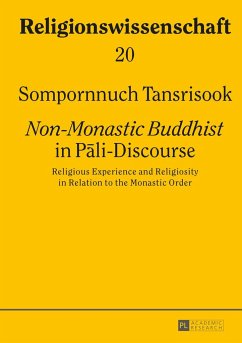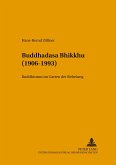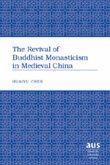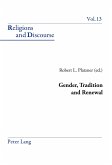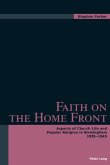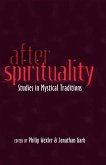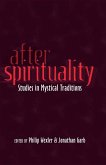The book intends to grasp the meaning of upasaka / upasika or Buddhist laity in Digha- and Majjhima-nikaya of the Pali canon. Considering the texts as oral literature, the author examines and interprets the structure and stock phrases constructing the narrative with a theory of religious experience. Upasaka / upasika is hence seen as the non-monastic follower, who, having experienced the significance of dhamma and the superiority of the Buddha, has the trust in the goal and spiritual path that the Buddha has shown. In this connection, Buddhist community is the assembly of the followers, monastic and non-monastic alike, sharing the same common ground and following the spiritual path in pursuit of individual liberation, which in tandem contributes to perpetuation of the community.

